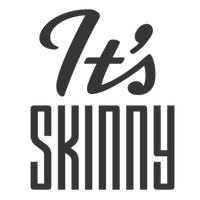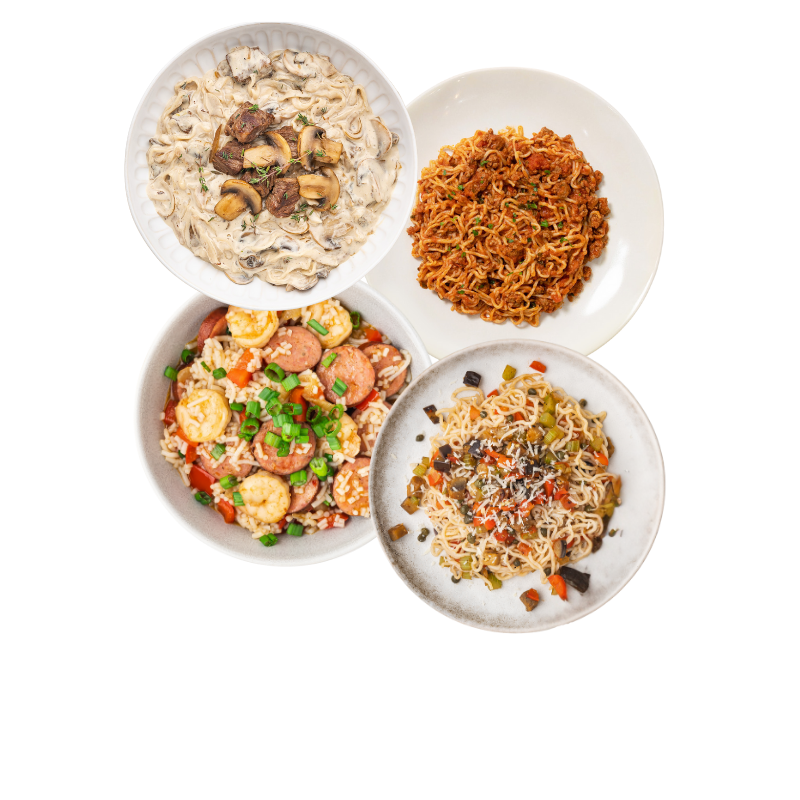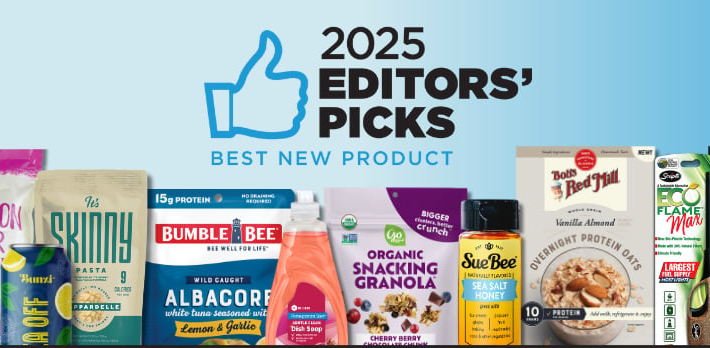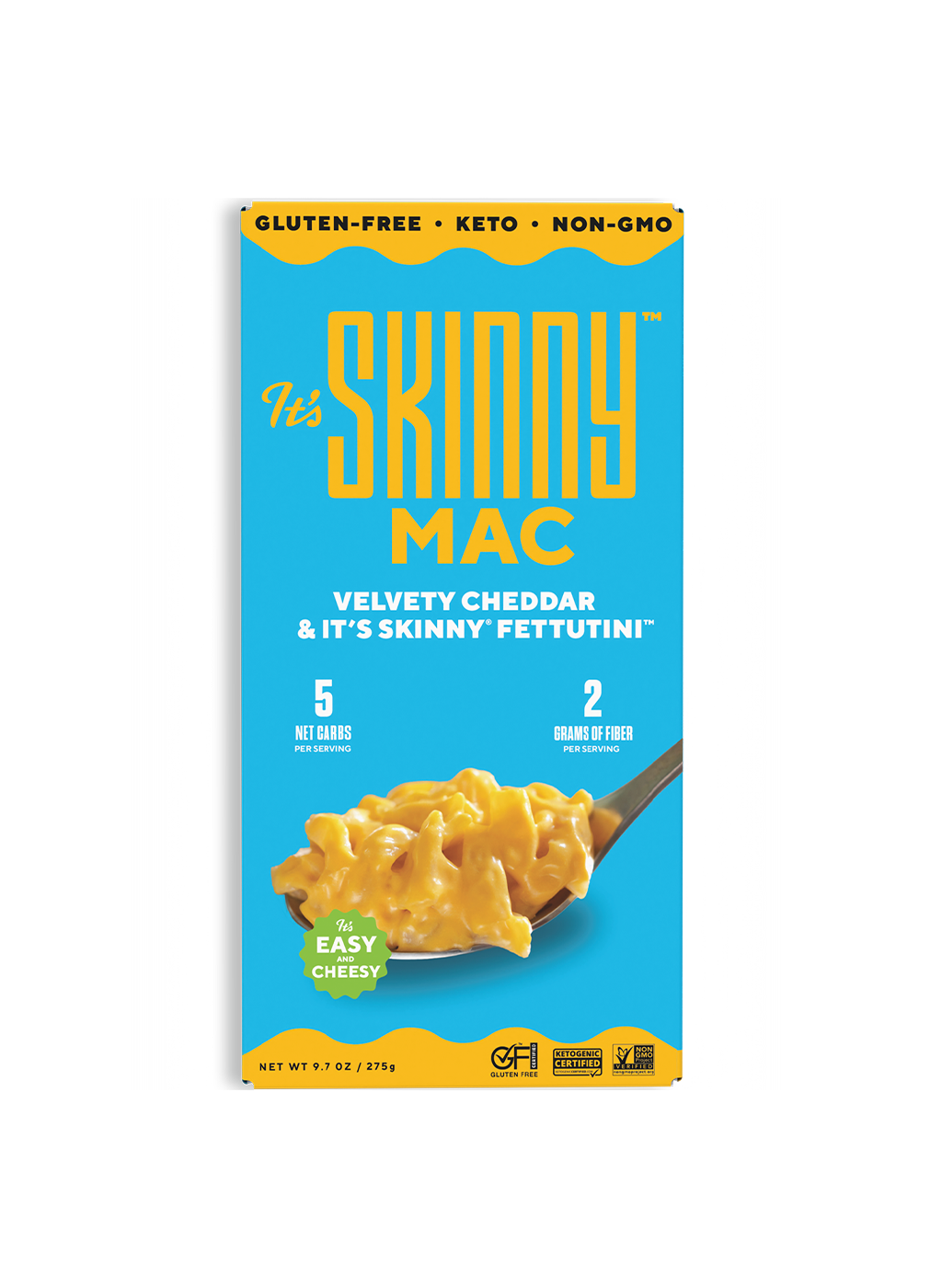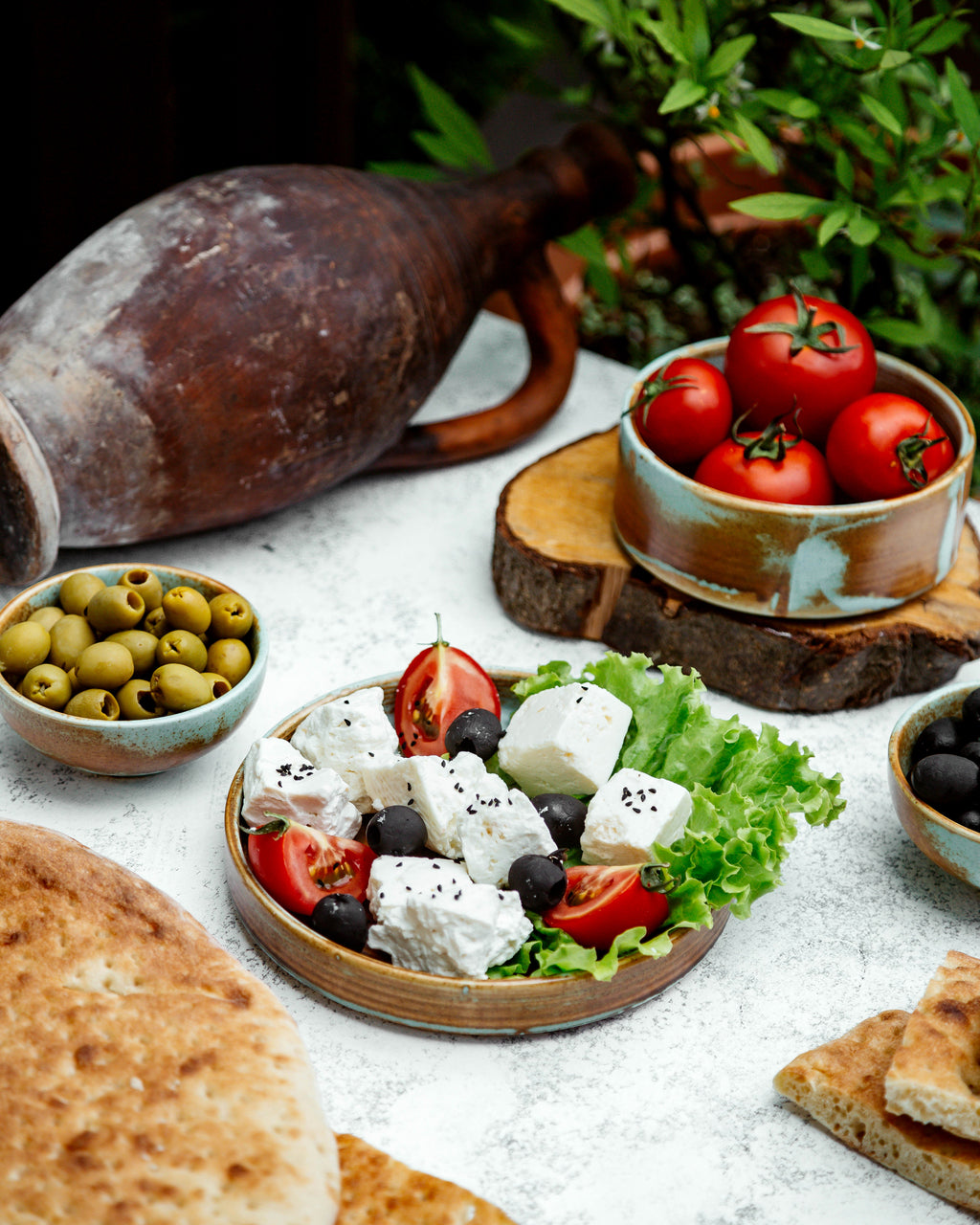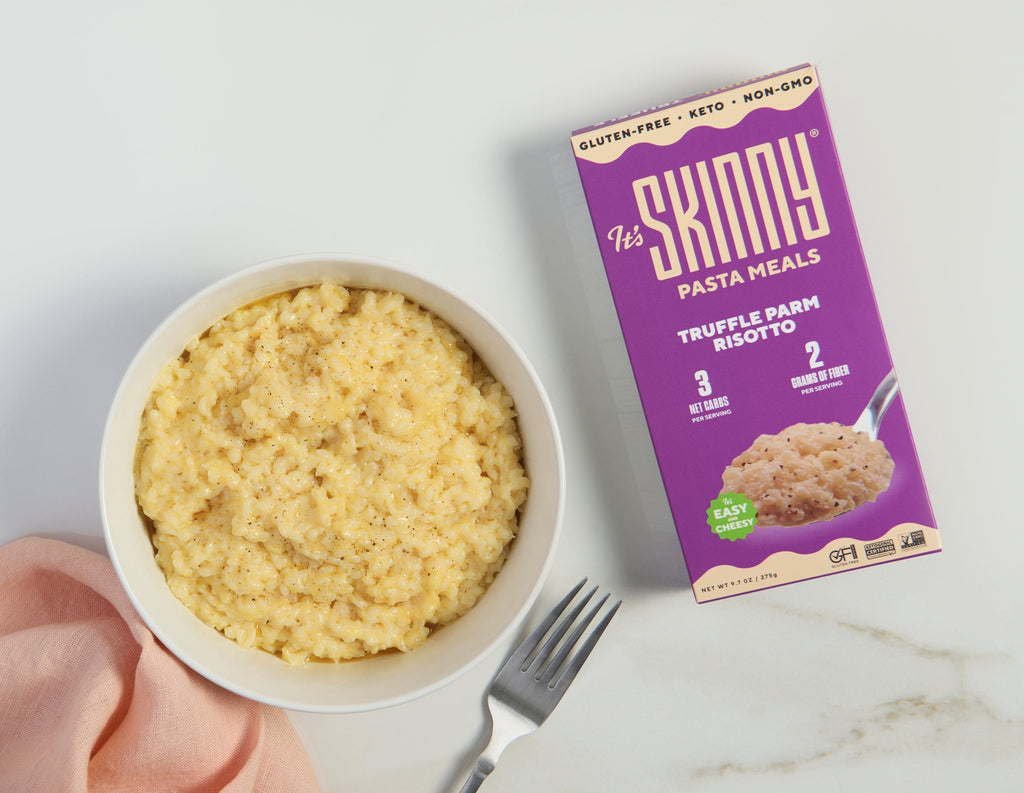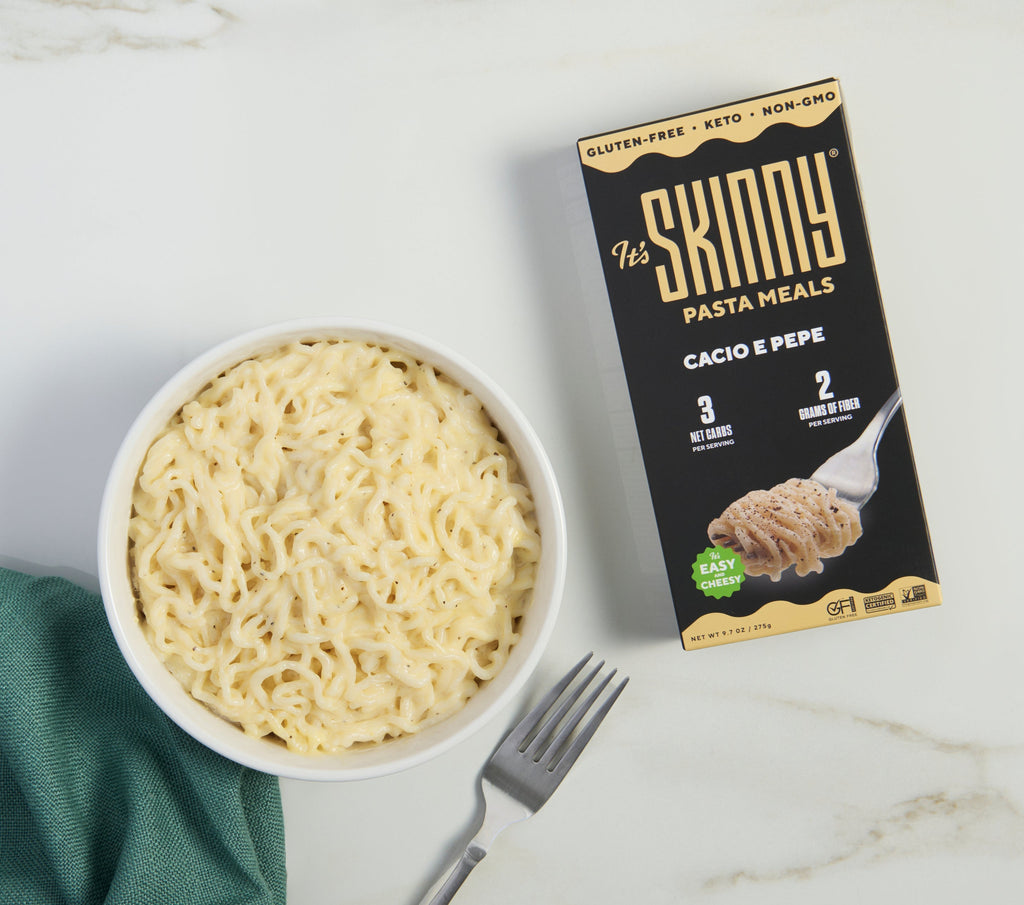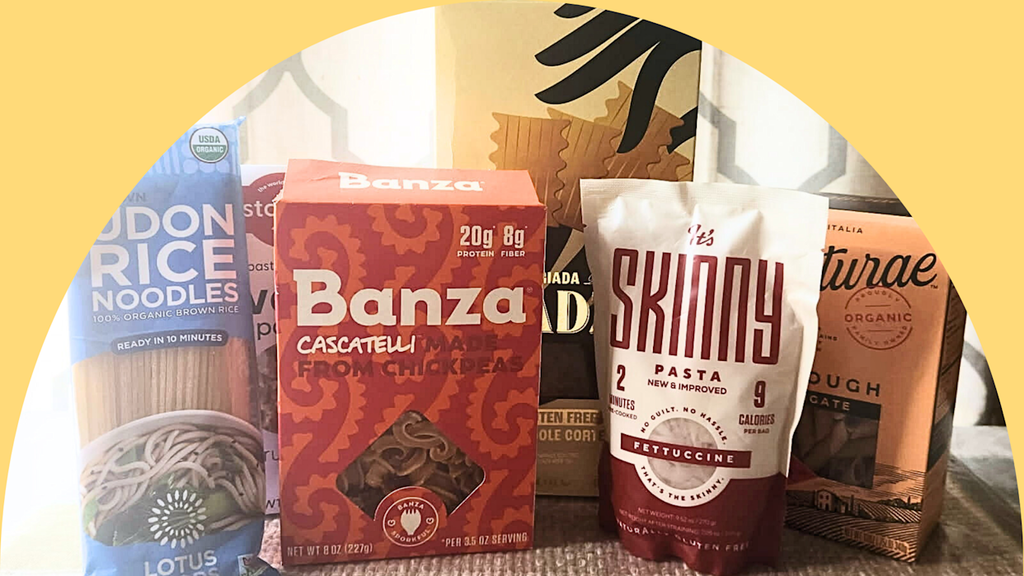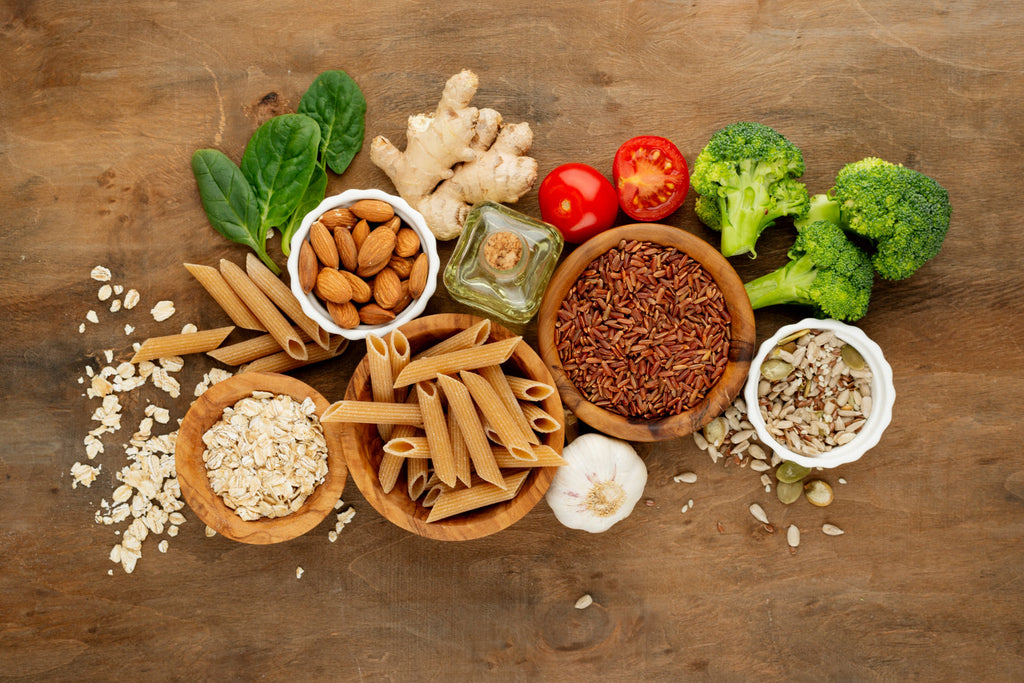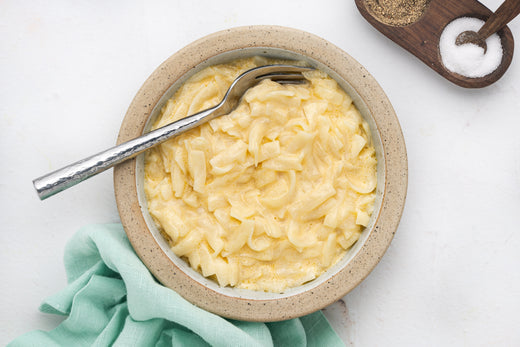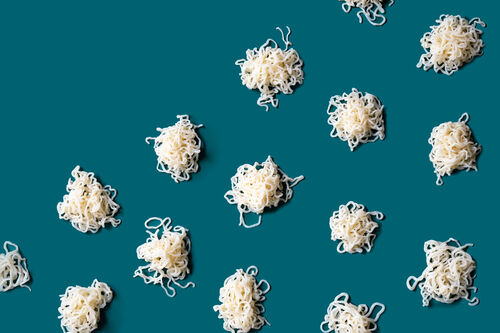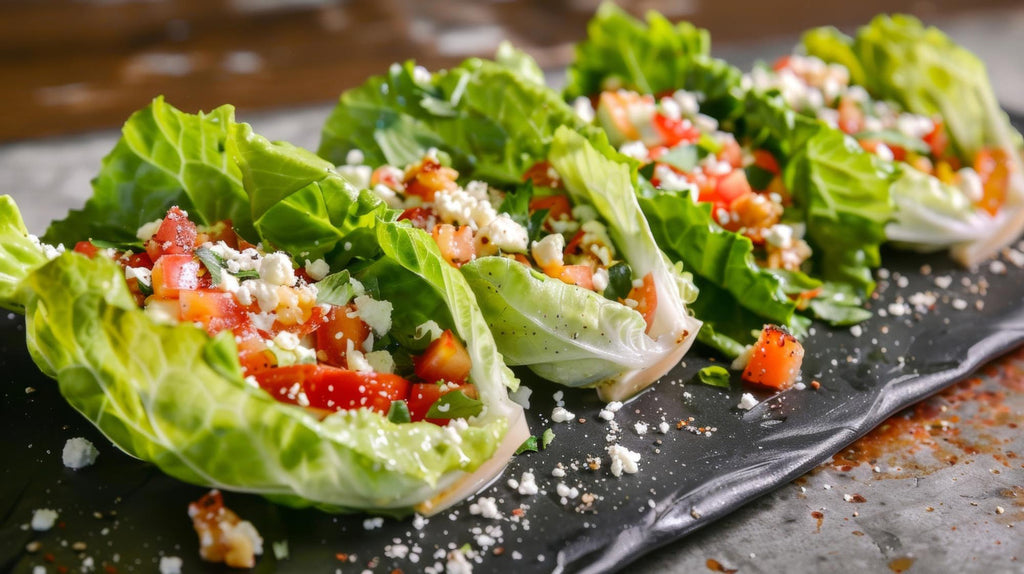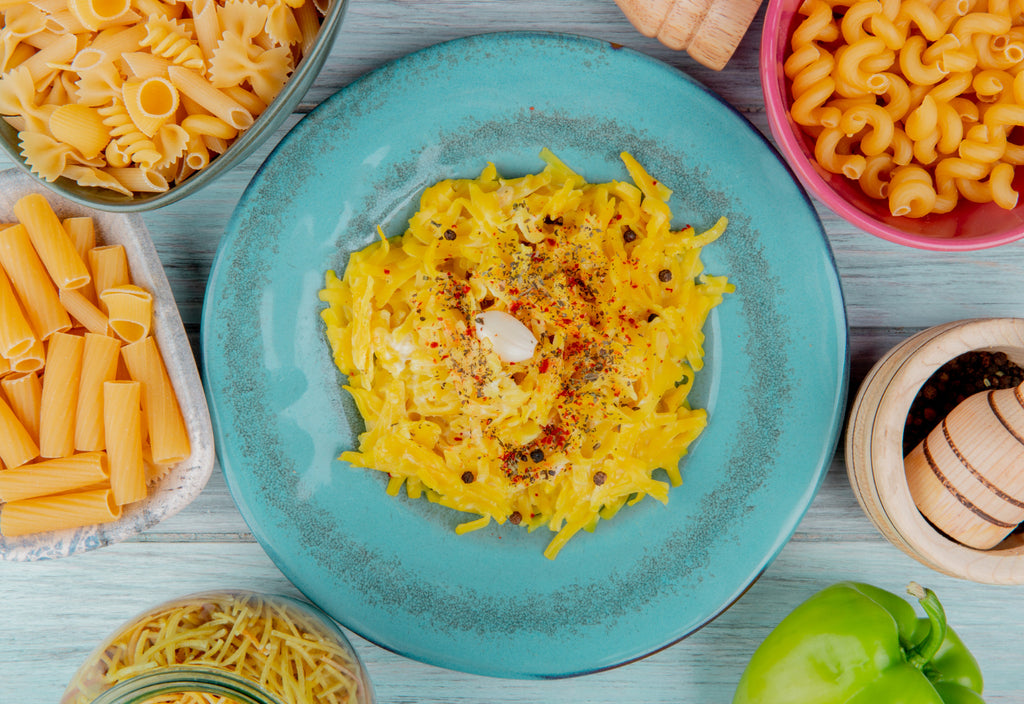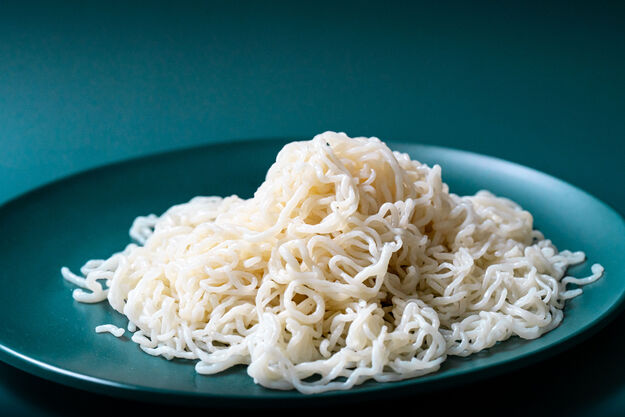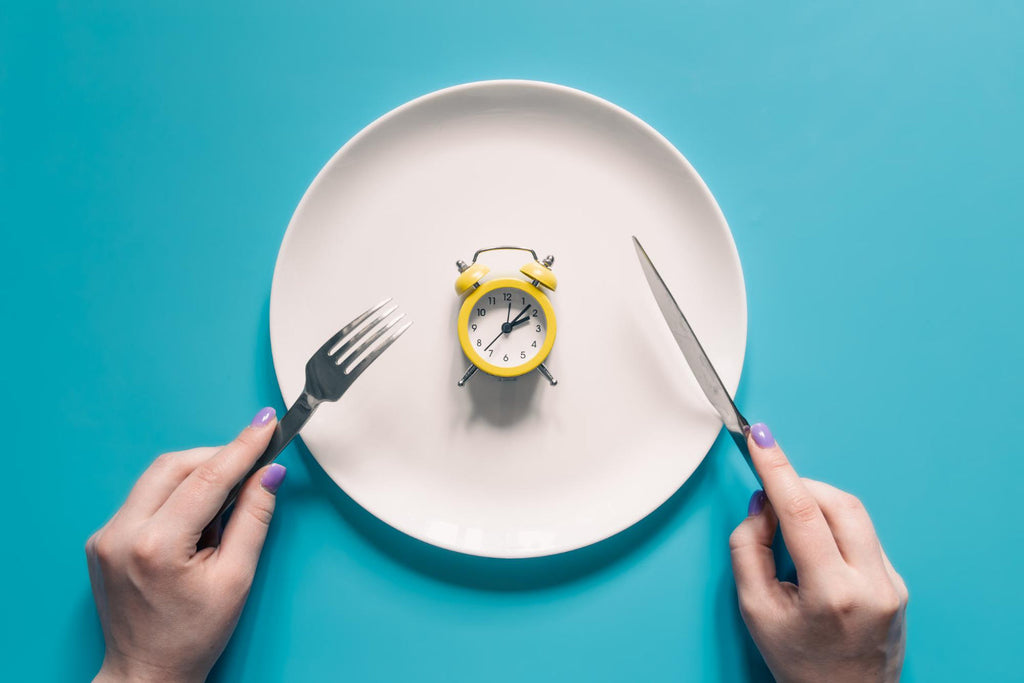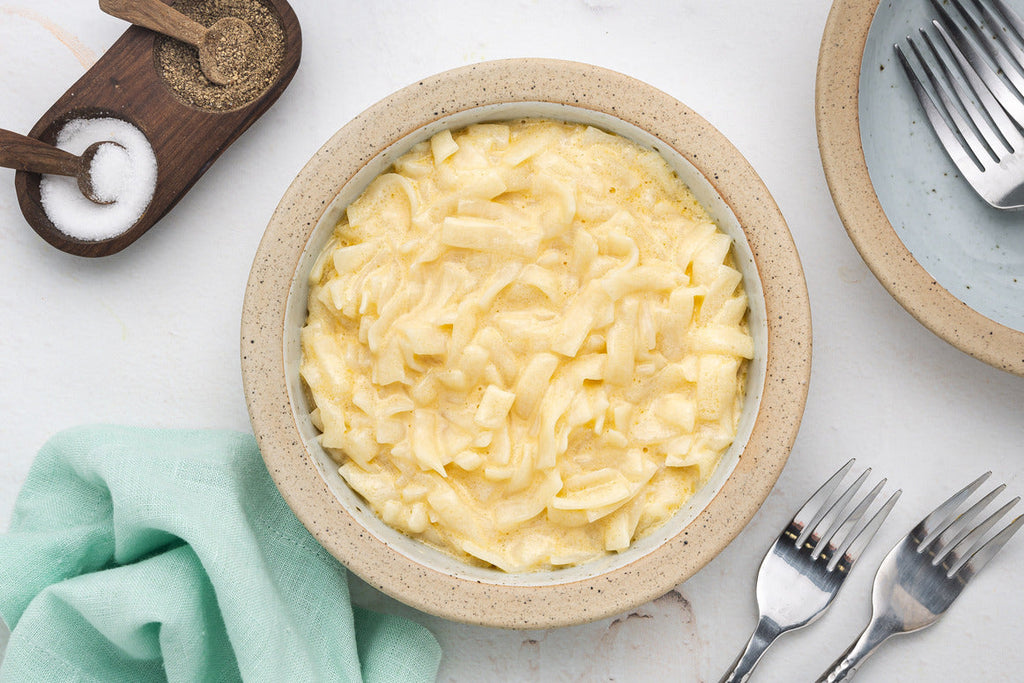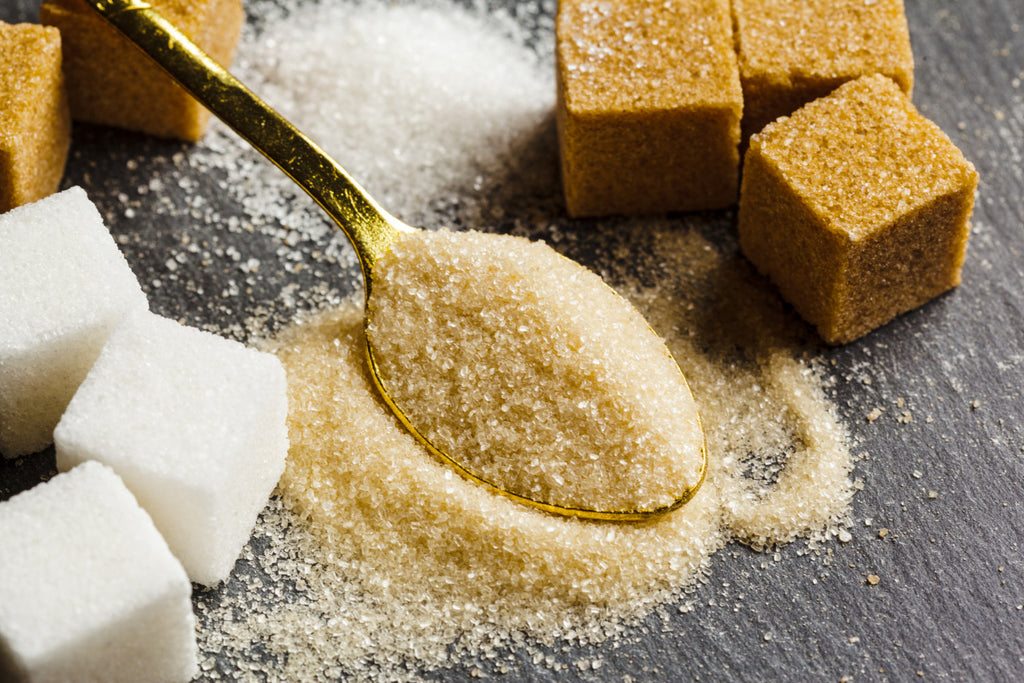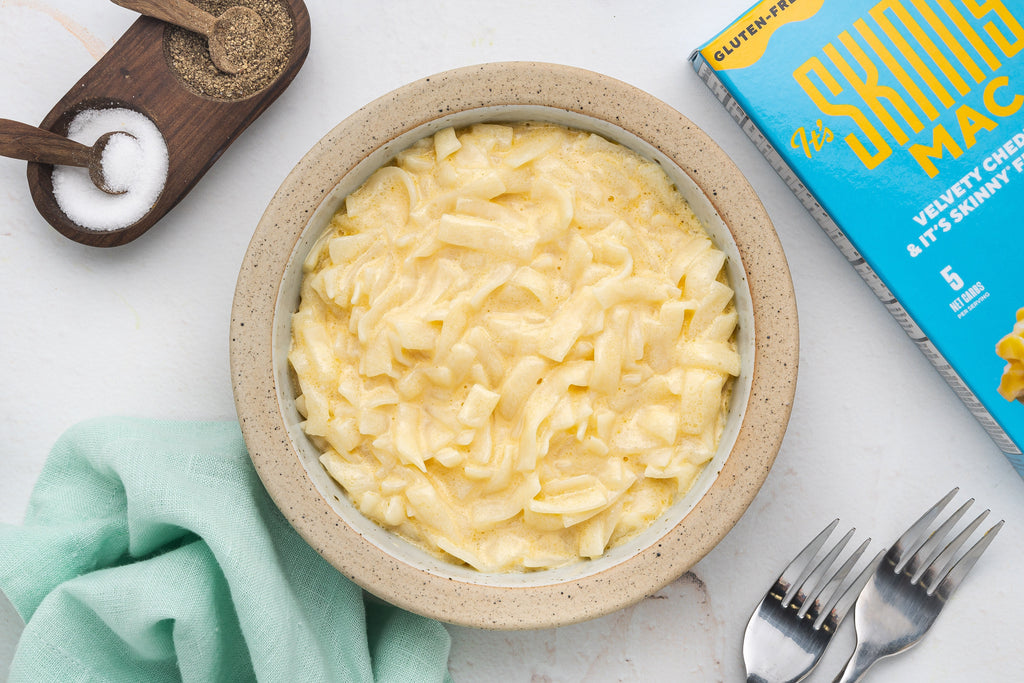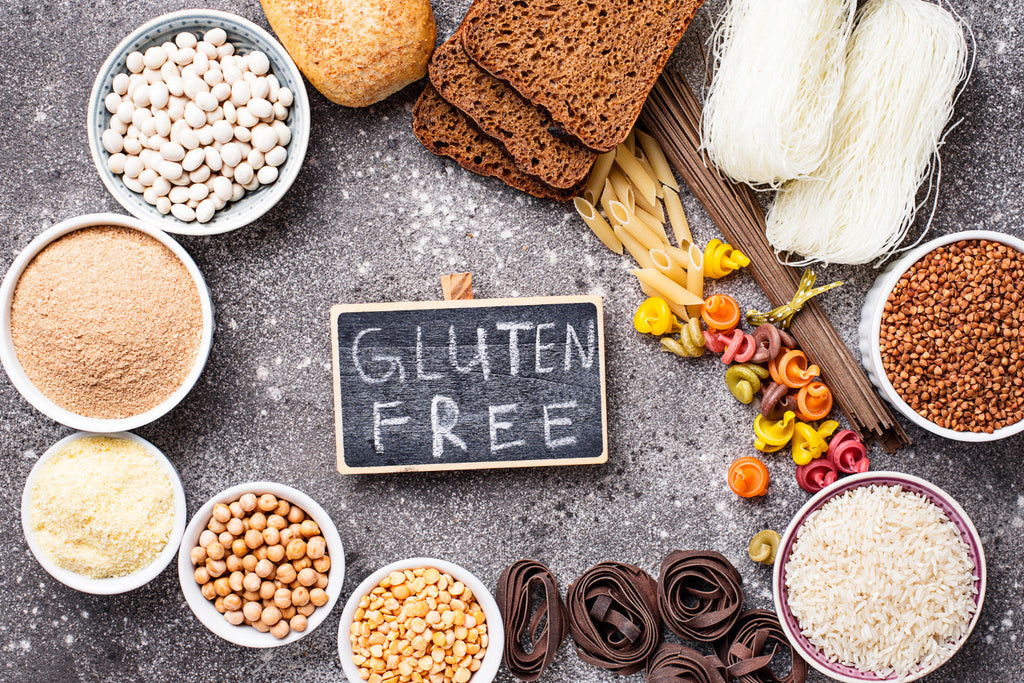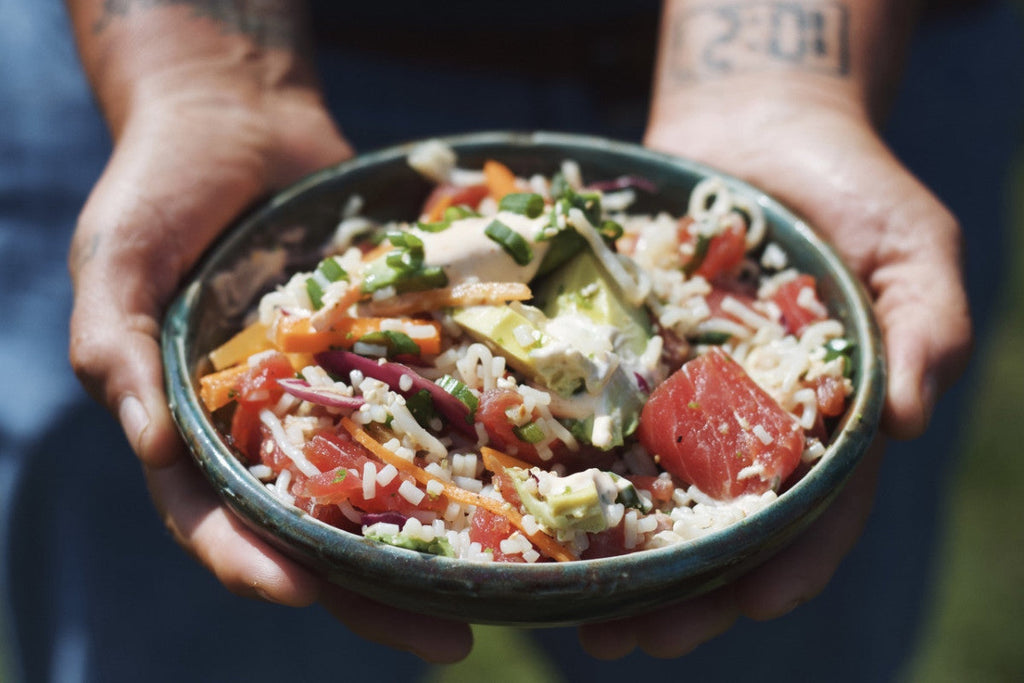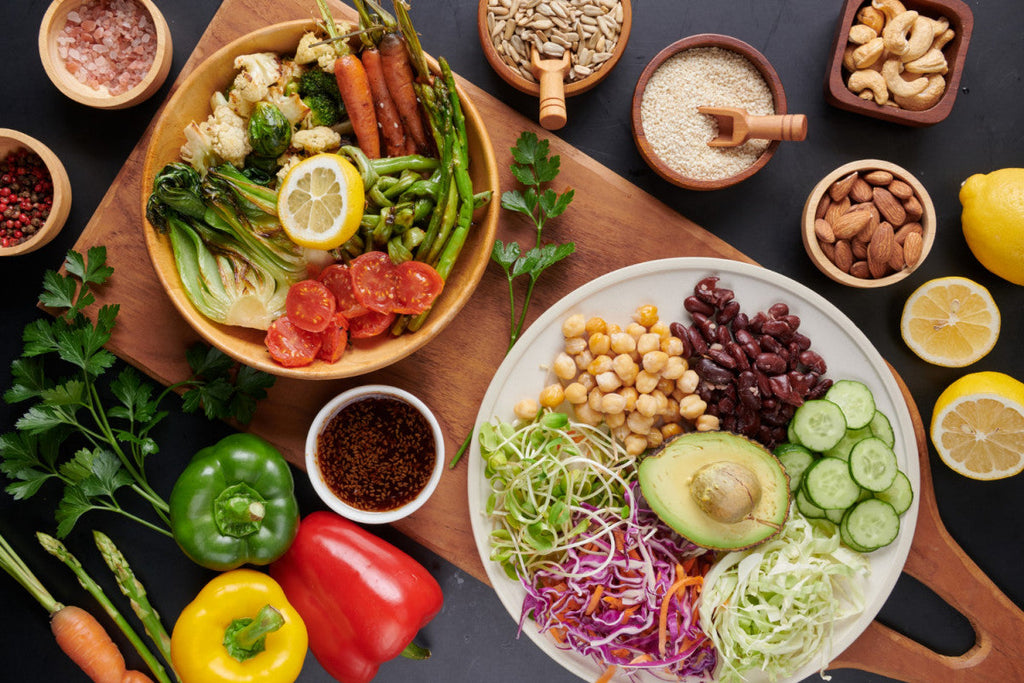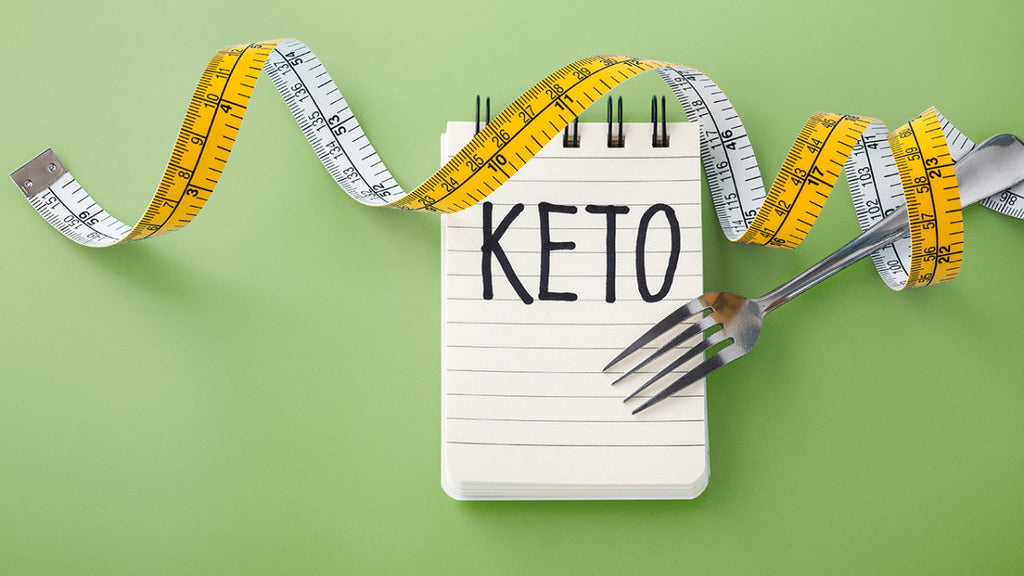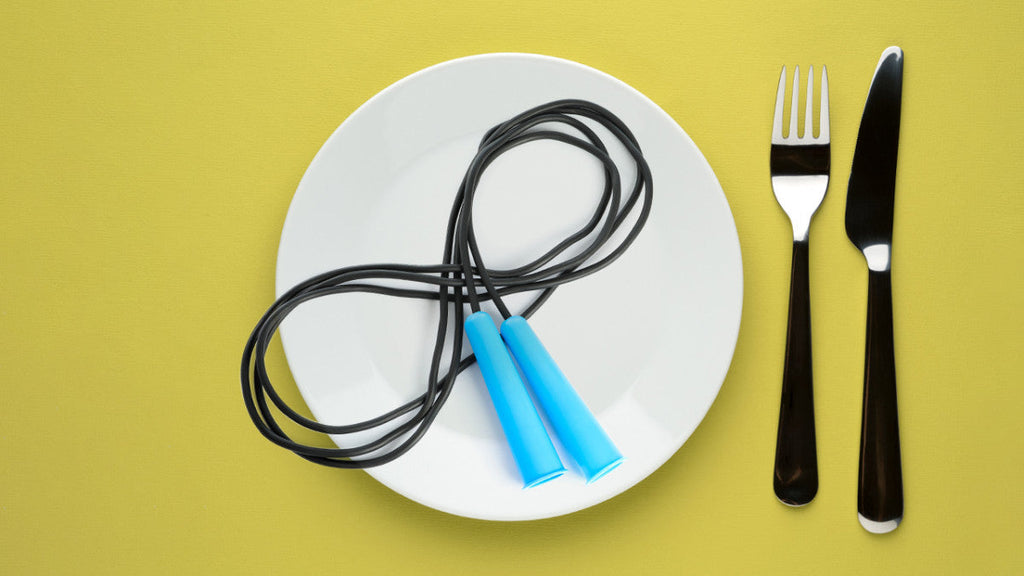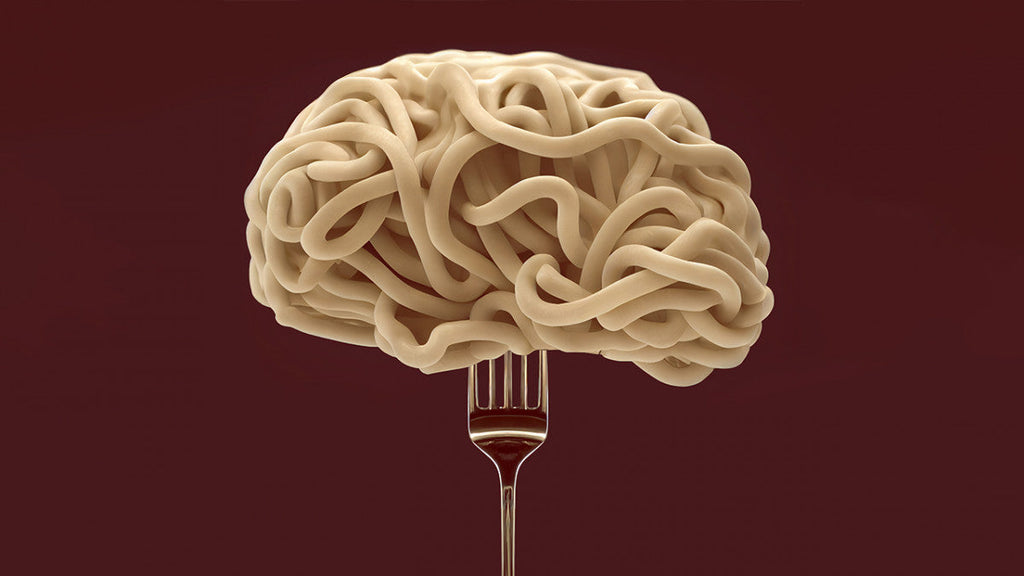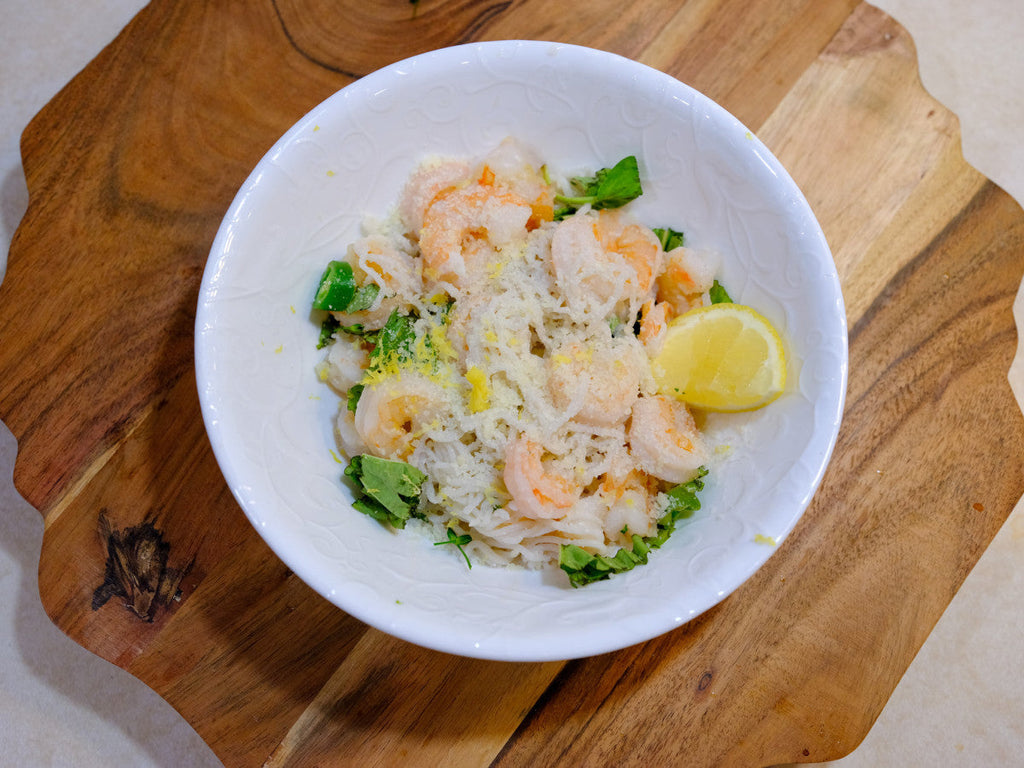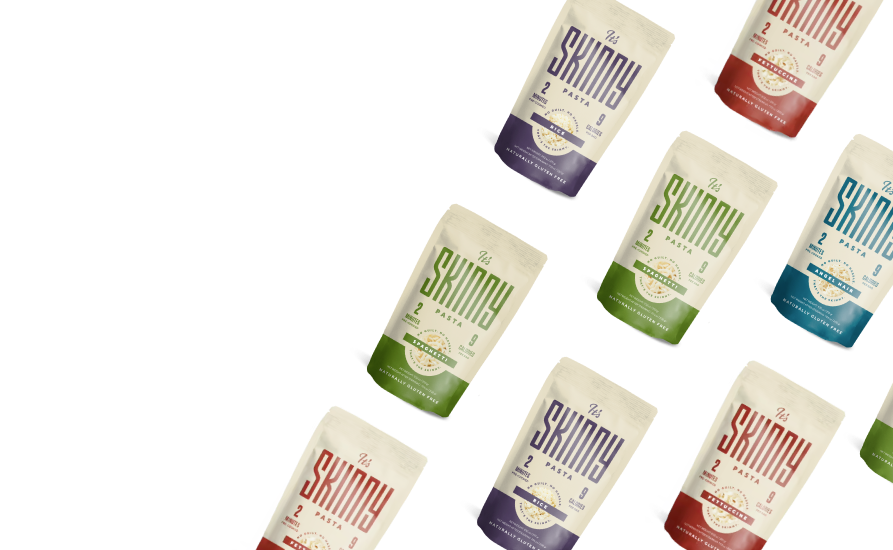Is Gluten-Free the Same as Dairy-Free?
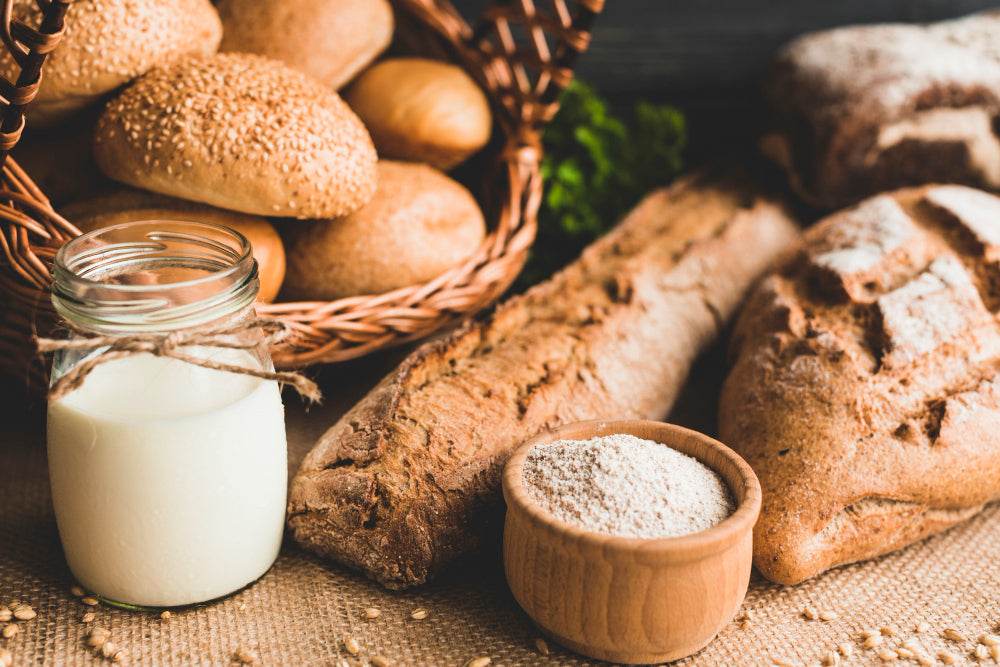
If you've been experimenting with your diet due to allergies, food aversions, or inflammation, you may be tempted to go gluten-free and dairy-free. So, are gluten-free and dairy-free similar? What are the differences? Can you find both dairy-free and gluten-free foods?
Today, we'll explore both diet options, the benefits, and why you may want to try either option (or both). Of course, any dietary changes should always be discussed with your healthcare professional, but here's a breakdown of gluten-free and dairy-free.
What Is Gluten-Free vs. Dairy-Free?
Over the past several decades, the popularity of gluten-free (GF) and dairy-free (DF) diets has increased. Why is that?
Some of it has to do with more awareness regarding food allergies and intolerances. Many processed and packaged foods contain gluten, dairy, or both, which can make it hard to navigate.
If you have a food allergy, you've likely been advised to avoid the allergen altogether—for example, people with a dairy allergy or celiac disease. In these cases, the allergen can trigger a dangerous and even life-threatening reaction. It's essential that you follow the instructions of your physician when it comes to food allergies.
Some folks avoid dairy for ethical reasons. Others just find that they feel a bit healthier when they aren’t eating dairy or gluten. Either way, it can be a challenge to find foods that fit the bill.
Defining Gluten-Free and Dairy-Free
With a growing awareness of food intolerances and a trend toward health-conscious eating, many people prefer to avoid dairy and gluten. You may find items on a menu that indicate GF or DF, or you may notice a gluten-free moniker on certain groceries. What does it mean, and are these foods truly healthier?
- Gluten-Free: Gluten is a protein that is found in barley, rye, and wheat. A gluten-free diet removes all foods that contain gluten. People may avoid gluten because of an intolerance, sensitivity, or a condition like celiac disease.
- Diary-Free: Dairy-free diets are defined as diets that eschew all milk products. That includes cheese, butter, yogurt, milk, and cream. People may find that consuming dairy foods can impact their digestion (typically due to an intolerance to lactose or a lack of certain digestive enzymes. Some people are allergic to dairy. Others follow diets like a vegan diet, wherein they avoid dairy for ethical reasons.
So, in short, dairy-free and gluten-free are two different styles of eating. In gluten-free, you avoid foods that contain gluten, and in dairy-free, you avoid foods that contain dairy. There are, of course, crossovers.
Some people may experiment with gluten-free and dairy-free diets. There are many foods that contain neither ingredient. For example, meat doesn’t contain dairy or gluten. Many fruits and vegetables are also gluten and dairy-free.
Why Go Gluten-Free?
Why would someone need or want to eliminate gluten from their diet? Gluten is found in many different foods, including bread, traditional pasta, cereals, and many packaged products.
But for some people, gluten can cause health issues and discomfort. Here are a few reasons why people may choose a gluten-free diet.
- · Celiac Disease: Celiac disease is an autoimmune disease where the consumption of gluten can cause damage to the small intestine. For people with this condition, even a small amount of gluten can cause digestive issues and abdominal pain that leads to malnutrition and long-term health problems. Folks with celiac must often follow a strict gluten-free diet.
- · Non-Celiac Gluten Sensitivity: Some people may not have celiac disease, but they may still find that gluten causes them to experience digestive issues, bloating, and fatigue. In this case, they may avoid gluten to manage these negative effects.
- · Other Health Concerns: Some people believe that a gluten-free diet can reduce inflammation, support gut health, and improve skin conditions. As with any style of eating, it's important to talk to your healthcare provider and then listen to your body so you eat what makes you feel best.
Many gluten-based foods contain higher levels of carbohydrates (pasta, cookies, breads, crackers), so often, people who are avoiding carbs may look for gluten-free foods as a lower-carb option. While it’s not always the case that gluten-free is low-carb or vice-versa, it can be a helpful reference when checking food labels at the store.
Why Go Dairy-Free?
What about dairy-free? Why would dairy be bad for consumption? Well, it’s not that it’s bad, per se, but just like gluten, some people have certain food sensitivities, allergies, and conditions that make it difficult to consume cow's milk and other dairy products.
There’s also a matter of taste and personal preference. Some folks simply don’t like dairy, but there are also many health issues that can mean it’s necessary to forgo dairy. There are a few common reasons why people might avoid dairy.
- · Lactose Intolerance: Many folks lack the digestive enzyme lactase. When we consume dairy products, the enzymes in our digestive systems help to break down and digest lactose—the sugar in dairy. Without this enzyme, you may experience bloating, diarrhea, and gas.
- · Milk Allergies: Milk or dairy allergies are different than lactose intolerance. An allergy to milk can trigger a strong and dangerous immune response, leading to severe reactions like hives, swelling, or even anaphylaxis.
- · Other Health Concerns: Some people avoid dairy for other health reasons, such as reducing their cholesterol or controlling skin issues like acne. There are some people who believe that dairy can cause inflammation in the body and can exacerbate skin conditions and other concerns. They may find that dairy-free or plant-based diets offer them a greater sense of wellbeing.
People who follow a vegan diet avoid dairy as well. This is often due to ethical concerns about the dairy industry and environmental factors related to dairy farming. No matter the reason why people avoid dairy, it’s certainly possible to have a well-rounded and delicious diet, even without milk products.
What Can You Eat on a Gluten-Free, Dairy-Free Diet?
If you’re following a gluten-free, dairy-free diet, you may wonder what on earth you can still eat! Have all the delicious foods been taken off your plate? What will you do?
Fortunately, in today’s world, there are so many gluten-free, dairy-free foods that you won’t even miss these ingredients! You can have almost any food you like, provided you select dairy-free, gluten-free alternatives. Here are a few foods to help you start.
- · Fruits and Vegetables: Most fresh produce is naturally gluten and dairy-free. So, shop the produce section and those farmer's markets. You'll find all sorts of delicious, whole foods without any worry or stress!
- · Proteins: Protein options like meat, poultry, and fish don’t contain dairy or gluten, so they’re often a very safe bet for those with allergies and intolerances. Eggs are a great vegetarian protein source. Vegans can turn to plant-based proteins like legumes, beans, and tofu.
- · Packaged Gluten-Free Dairy-Free Foods: There's no reason to despair if you can't have dairy or gluten in your diet. There are many alternative options that can let you enjoy all your favorite foods. Dairy-free alternatives and substitutes like almond, coconut milk, rice milk, and soy milk are good choices. Many packaged options out there are safe, but it's important to read labels for hidden ingredients and allergens. For example, many types of soy sauce contain gluten.
- · It's Skinny: Want to enjoy a yummy pasta or noodle dish while avoiding gluten and dairy? It's not as hard as you might think. It's Skinny makes it easy to recreate all your favorite recipes with a gluten-free, dairy-free twist on traditional pasta.
It’s Skinny Pasta is made from a special ingredient called Konjac root. It contains no gluten and no dairy. Each pack of It’s Skinny has ZERO net carbs and only 9 calories per pack. It’s an ideal option for almost any diet or lifestyle.
It’s Skinny is great for keto dieters, vegans, and those following paleo. The delicious pasta is available in many great styles (all gluten and dairy-free products), including:
- · Spaghetti
- · Angel Hair
- · Fettuccine
- · Rice Shape
- · Couscous
- · Pappardelle
- · Soup Noodles
You can explore all the varieties and experiment to find your favorite. Top with a gluten-free, dairy-free sauce, vegetables, and protein, and you have a delicious meal that will keep you full and satisfied.
If you're looking for some recipe ideas, search our comprehensive recipe database, where you'll find many ideas, including plenty that are dairy and gluten-free.
Benefits of a Gluten-Free, Dairy-Free Diet
Should you decide to cut out dairy and/or gluten from your diet, you may notice several positive effects. While not every diet works for everyone, if your medical professional suggests that you avoid dairy and gluten, you may experience the following:
- · Improved Digestion: If you are sensitive or intolerant to dairy or gluten, cutting them out of your rotation can improve your digestion and reduce incidences of bloating, diarrhea, and constipation.
- · Increased Energy: Many people share that they feel more energetic and less sluggish when they cut out gluten and dairy. This is often attributed to the idea that dairy and gluten are related to inflammation in the body.
- · Weight Management: Because gluten and dairy products can often be calorically dense, many people find that they lose some weight when they cut them out of their diet. Improved digestion can also help lead you toward better food choices and a greater sense of wellbeing.
- · Skin Health: Some believe dairy is linked to acne and other similar skin conditions. When they eliminate dairy from their diet, they often experience clearer, brighter skin.
- · Better Focus and Mood: Some people find that eliminating these foods helps with mental clarity and mood stability, though more research is needed to confirm. Generally speaking, when you are eating foods that make you feel better digestively, you may have an improved sense of wellbeing, which can boost your mood.
Just because you're going dairy and gluten-free doesn't mean you're going to miss out. In fact, you may have some exciting benefits that can make it well worth the effort. As with any diet changes, it's best to consult a healthcare professional first.
Should you decide to eliminate dairy and/or gluten from your diet, It’s Skinny is a great option to help you enjoy your favorite foods. You won’t feel like you’re missing out when you dig into a delicious plate of pasta or a yummy noodle bowl. It’s all about finding new ways to improve your favorites and make the diet work for your body!
